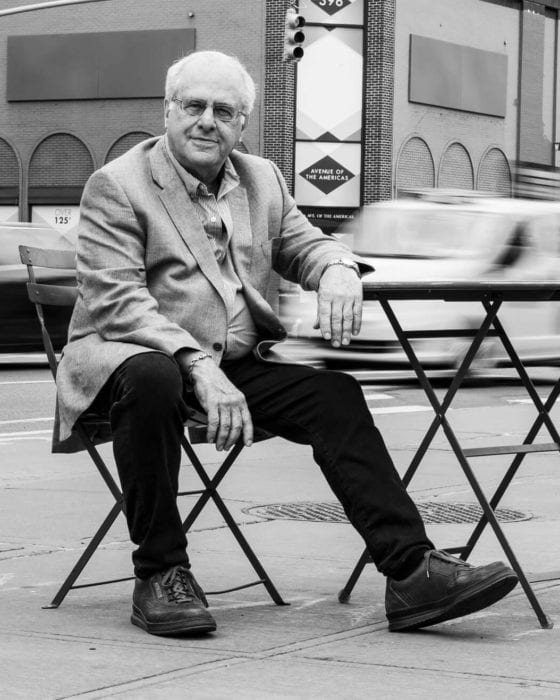For the last 75 years, a stifling taboo almost smothered socialism in the U.S. Most employers, both major political parties, mainstream media, schools and academics at all levels, and federal, state, and local government bureaucracies combined to impose and enforce that taboo. Such warlike coordination far exceeded anything so far done to protect us from the corona pandemic. Indeed, enforcers of the taboo against socialism justified their activities as key parts of the Cold War.
Socialism had been an accepted part of U.S. national politics for many decades before 1945. Socialist Party head (and U.S. Presidential candidate) Eugene Victor Debs was nationally well-known. Socialist Party candidates won seats in many state legislatures, in Congress and as mayors and city council members. Socialists inside the Democratic Party did so too. During the 1930s’ Great Depression, millions joined unions and political parties organized by openly socialist leaders.
Socialism had also deeply influenced countless cultural figures, ranging from Jack London to Emma Goldman, Helen Keller, Richard Wright, Charlie Chaplin and many others. The Pledge of Allegiance was written by Francis J. Bellamy, a devout Baptist, son of a Baptist minister and also a proud Christian socialist.
During the Great Depression a coalition had formed, including major industrial unions (gathered in the Congress of Industrial Organizations), two socialist political parties and the Communist Party (CPUSA). That New Deal coalition proved popular and powerful politically. It persuaded and enabled then President Franklin D. Roosevelt (FDR) to pass laws that established the Social Security Administration, federal unemployment assistance, a minimum wage and a program of millions of new federal jobs. Those laws not only aided the mass of middle- and lower-income people; they were funded in large part by new taxes levied on corporations and the rich. Such laws and taxes had been staples of many traditional socialist programs.
Those programs and taxes won FDR reelection three times and also promoted a broad national popularity for socialism and unionism. Unions, both socialist parties and the CPUSA achieved record membership gains. However, all that mass activity on the Left raised alarms among corporations and the rich. They saw threats to their traditional social dominance and control in the U.S. Mounting fears of social change intensified their anger at being taxed more.
A mammoth pushback against the New Deal immediately followed FDR’s death and the end of World War II. Because the New Deal was so popular, the pushback did not admit its aims. Pushback leaders—corporate executives, right-wing politicians (in both major parties) and conservative social organizations—chose another target to camouflage their main goal of undoing the New Deal. The target they chose was the New Deal coalition’s weakest link, the CPUSA. Very quickly and systematically the enemies of the New Deal attacked and “rebranded” the CPUSA. From a leading militant within the New Deal coalition, its new identity became agent of the USSR. The USSR was likewise rebranded “the great enemy,” rather than the “great ally of the U.S. in World War II’s fight against fascism.” Communism and socialism became the greatest imaginable social evils.































